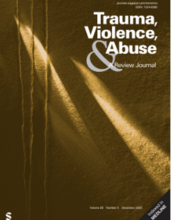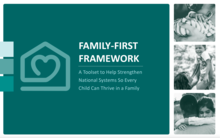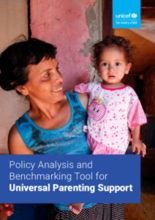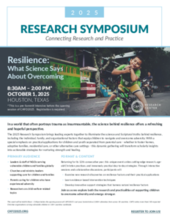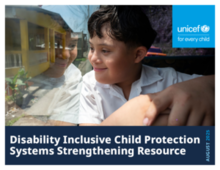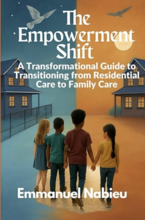Displaying 81 - 90 of 4431
The ISPCAN International Congress on Child Abuse and Neglect is scheduled for October 6–9, 2025, in Vilnius, Lithuania, uniting global leaders and professionals in child protection—from sectors such as law, medicine, social work, education, public health, government, and NGOs—to advance research, practice, and policy for child welfare.
This systematic review and meta-analysis assessed the effectiveness of psychosocial interventions for families with young children involved in child protection services. While the interventions improved parenting sensitivity, attachment, and parental functioning, evidence for reducing maltreatment risk remains limited, highlighting the need for larger, more consistent studies.
This toolset provides a concise, adaptable framework to help national leaders and stakeholders strengthen child protection systems that prioritize family-based care. It distills key international standards and guidance into accessible materials to support informed, strategic conversations on building “Family-First” systems for all children.
This document provides an overview of the Policy Analysis and Benchmarking Tool for Universal Parenting Support. The tool is intended to help governments analyse the current landscape of parenting support and plan for future expansion.
Systems thinking has the power to transform early childhood development. But what is meant by systems thinking, and how can it be applied to service delivery and policy design?
The 2025 CAFO Research Symposium brings leading experts together to illuminate the science and Scriptural truths behind resilience, including the individual, family, and organizational factors that equip children to navigate and overcome adversity. With a special emphasis on practical applications for children and youth separated from parental care - whether in foster homes, adoptive families, residential care, or other alternative care settings - this dynamic gathering will transform scholarly insights into actionable strategies for nurturing strength and healing.
The Disability Inclusive Child Protection Systems Strengthening Resource (DI-CPSS) is a practical guide for improving disability inclusion in child protection systems within the framework of the UNICEF child protection systems strengthening (CPSS) approach.
The Global Kinship Care Week 2025 (GKCW 2025) will run from 6-12 October.
In The Empowerment Shift, Emmanuel "Nabs" Nabieu—who once grew up in an orphanage himself—offers a clear, practical roadmap for transforming how we care for vulnerable children.
The Good Start Challenge is a €2.6 million global challenge to advance innovative solutions that improve the wellbeing of parents and caregivers of young children in disadvantaged circumstances in Indonesia, the Philippines, Kenya, Uganda, Ethiopia, Senegal, Mexico, Colombia and Brazil.

